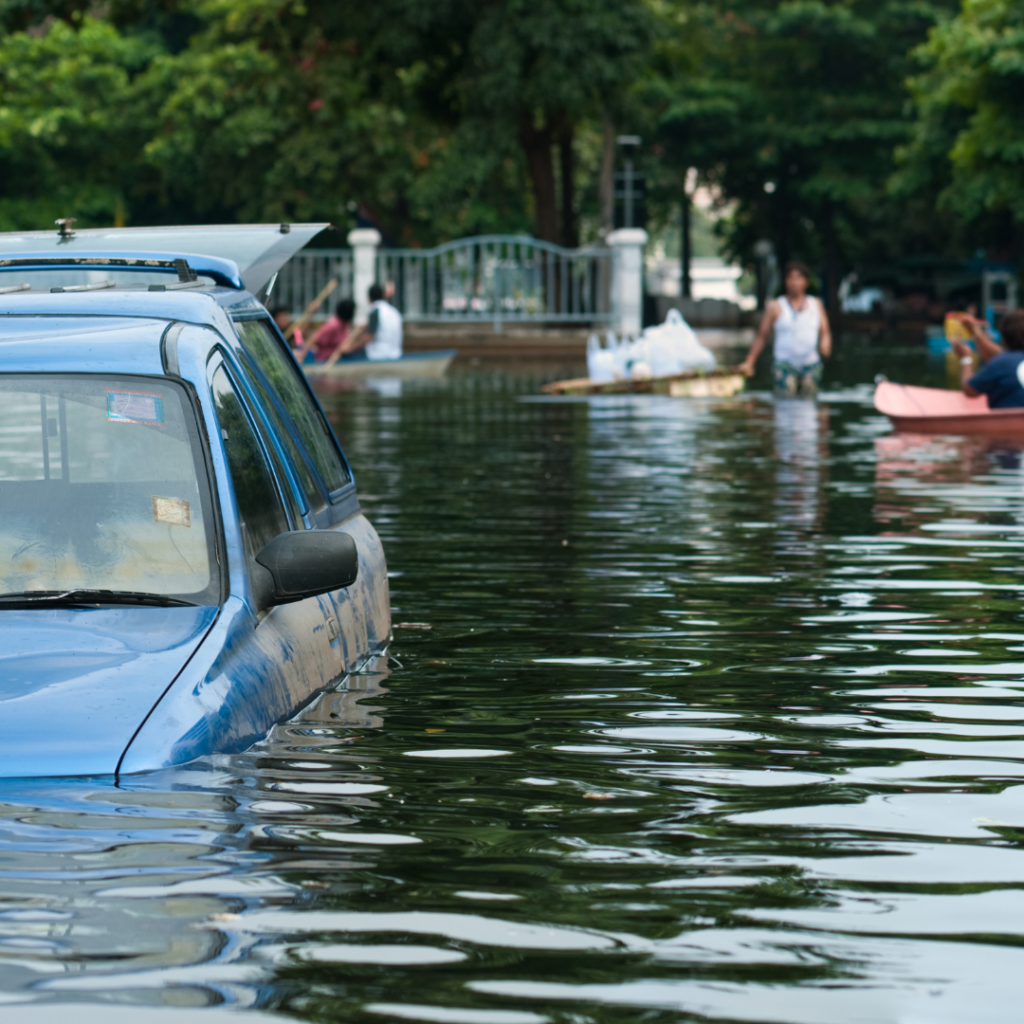How to Help Coastal Communities Recover from September 2022 Storms
Posted
Last Updated
By
The level of destruction, and extreme need, that has been caused by the recent storms and hurricanes in Alaska, Puerto Rico, and Southwestern Florida has left many of us asking “what can I do?”. We’ve put together this page to help answer that question.
- If you have been impacted by a natural disaster: A good place to start is https://www.fema.gov/disaster. FEMA has specific pages/mini sites for the different disaster areas they are addressing:
- Alaska: https://www.fema.gov/disaster/4672
- Puerto Rico: https://www.fema.gov/disaster/4671
- Floridians and Low Country residents impacted by Ian: https://www.fema.gov/disaster/hurricane-ian and https://www.floridadisaster.org/dem/recovery/
- If you’d like to make a financial donation: All agencies are saying “cash is best” as managing volunteers is tricky and can put additional burdens on organizations and communities trying to respond as quickly and efficiently as possible. Financial donations are being accepted by many excellent organizations, but beware of scammers taking advantage of your generosity! See our suggestions BEFORE making a donation.
- If you’d like to donate your time: Becoming a disaster relief volunteer is more of a long term approach–not a solution for disasters that have already occurred–but those of you with specific skills (and availability!) may find an organization that is a good fit for you. The National Voluntary Organizations for Disaster member group is one place you can find a list of organizations that may accept volunteers. (Note: NVOD does not accept donations or volunteers directly.) In Florida? Check this site.
Avoid Being Scammed: What to Look For Before Making a Donation
- Don’t let anyone rush you into making a donation. That’s something scammers do.
- Some scammers try to trick you into paying them by thanking you for a donation that you never made.
- Scammers can change caller ID to make a call look like it’s from a local area code.
- If someone wants donations in cash, by gift card, or by wiring money, don’t do it. That’s how scammers ask you to pay.
- To be safer, pay by credit card or check.
- It’s a good practice to keep a record of all donations. And review your statements closely to make sure you’re only charged the amount you agreed to donate – and that you’re not signed up to make a recurring donation.
- Before clicking on a link to donate online, make sure you know who is receiving your donation. Read Donating Through Crowdfunding, Social Media, and Fundraising Platforms for more information.
- See more tips and advice at:
- US Federal Trade Commission’s (FTC) Consumer Advice Site
- Give.org’s Things to Know Before Donating to Hurricane Ian Relief — Give.org also has a great list of established, reputable charities where you might find an organization that aligns directly with your priorities and values.
Want to Help a Specific Location?
Alaska:
- https://www.usharbors.com/2022/09/how-to-help-alaskans-affected-by-devastating-storm-2/
- https://www.fema.gov/disaster/4672#how-to-help
Puerto Rico:
- https://www.usharbors.com/2022/09/how-to-help-puerto-rico-rebuild/
- https://www.charitynavigator.org/index.cfm?bay=content.view&cpid=9966
Florida

Car stranded by flood. Image royalty free from Canva.com
